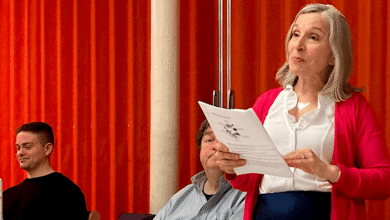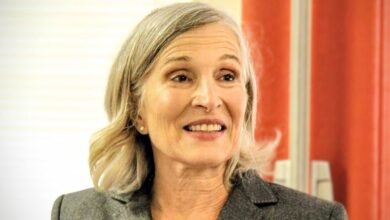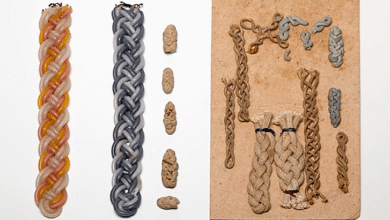Cicely, Alaska, is not the end of the journey – United Hebrew Congregation Terre Haute

I’d like to discuss a television show that I loved watching in the mid ’90s.
No, I’m not talking about Baywatch. My favorite show was Northern Exposure.
The show is a basic fish-out-of-water tale. The main character is a Jewish New York doctor who upon completion of his medical training is set to begin a carefully planned career that would include the location of his practice, his area of expertise and even his “choice” Jewish fiance.
Unfortunately, the character’s path takes an unexpected turn when he must fulfill an obligation he incurred to finance his medical training.
To repay a state education loan, he’s required to practice one year in Alaska. Unfortunately for him, that contract changes at the request of a powerful state politician to extend his obligation to three years, in a remote village rather than the state capital.
Life lessons from quirky characters
The young Jewish doctor is cut off from his home, his plans and his fiancé. Upon arrival in Cicely, Alaska, he encounters a cast of quirky characters and madcap fun ensues.
While that description accurately depicts the characters and premise, the show further conveys the transformation of this Jewish doctor. He gains new understanding of the meaning of “community.” He learns vital lessons about the frailty and foibles of human beings and ultimately, about redemption.
He learns vital lessons about the frailty and foibles of human beings and ultimately, about redemption.
It is that redemption that I speak of on this occasion. The story concerns redemption of a good person with a flaw that could prove huge if it were not tempered by other overriding qualities.
You see, the show comically explores how we humans regularly fail ourselves and each other. But through self-discovery and patience, we can learn that failure is not the end of the journey.
In fact, we can fail daily but pick ourselves up and try again tomorrow. I found this message so inspirational because I see myself as a very fallible sort.
The person I wish to be
I find comfort in the fact that I am on a journey involving the spiritual, physical, emotional, and metaphysical, that allows me to make errors — a lot of errors. The key lies in recognizing that I have made errors and then endeavoring to do better tomorrow.
I focus upon the person I wish to be and then ask myself, “Have I done it?”
My spiritual journey is just that. I focus upon the person I wish to be and then ask myself, “Have I done it?”
I also ask myself why this is the person I want to be. That question really helps me focus on whether I am traveling the correct path. I often look to my relationship with my God and how that relationship impacts my perspective.
Jewish culture reminds me that life can be comical and laughing is essential to survival.
This is why I identify as Jewish. First, Jewish culture reminds me that life can be comical and laughing is essential to survival. Secondly, I feel it helps me with my spiritual journey.
I am interested in learning if others share my perspective or have a perspective of their own which they would be willing to share.
What is your approach to spiritual survival?
Scott Skillman is president of United Hebrew Congregation.




